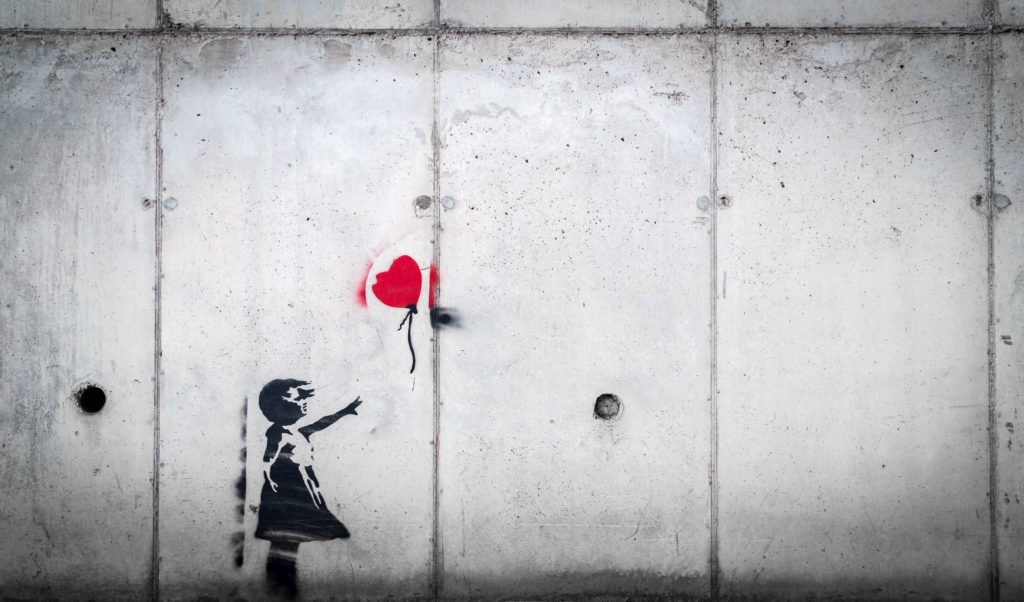Humans are creatures of habit. Once we find something that feels like it works, we stick with it, rarely pursuing alternatives without a reason – even if deep down we know it’s not optimal. This holds true in our relationships, our work, even our commutes.
Case in point: In February 2014 London experienced a two-day strike among its transportation workers. One the strike ended, a group of economists analyzed travel passes and found that one in 20 commuters (about 5 percent) stuck with the new route rather than returning to their old, “proven” route.
The upshot was that it took a massive strike to get these people to try alternative options that were available all along. Forced experimentation gave them a compelling reason to look at alternatives, and in some cases, stick with that alternative.
Five percent may not sound like a lot. But as with any statistic, if you’re part of that percentage, it’s significant. Thousands of commuters found a better way to work that they would never have pursued without being forced.
For most of us, our jobs follow a similar pattern. We find a job that we enjoy – or at least can stand – and we stick with it. In fact, we will often undergo the most horrific trials to hold onto that job – even if we don’t like it all that much. The fear of looking for a new job, or of being unemployed, is all the motivation we need to stay put and be grateful for what we have.
This is the paradox of barriers. When we are forced to find a new path – and we toss out our old assumptions in doing so – we often find a better route.
The stories of people who were fired or otherwise put out of work and then rose like the Phoenix to even greater success are legion. Only rarely did those people go out in search of something better without that compelling reason. Circumstances forced them to find a better path.
During the current crisis, millions of people have come up against employment barriers: layoffs, furloughs, outright dismissal. Many continue to struggle. Some have found something new but are not happy with it. A few – five percent maybe – have found a new path and greater success.
Those successful few have some common traits:
- They didn’t ask for this challenge
- They took a proactive approach to finding a new path
- They kept an open mind and didn’t limit themselves to what felt familiar
This is the paradox of barriers. When we are forced to find a new path – and we toss out our old assumptions in doing so – we often find a better route.
If you are currently in a position with a barrier facing you, change direction and take a new path. You have nothing to lose at this point. But be mindful of the fact that you must also rethink your assumptions and expectations. That doesn’t mean settle for less – it means change your perspective and define what matters most.
Whether relationship, commute, or job – the obstacle in your path forces you to find a better path. If you don’t have an obstacle blocking your way, maybe it’s time to get one.


